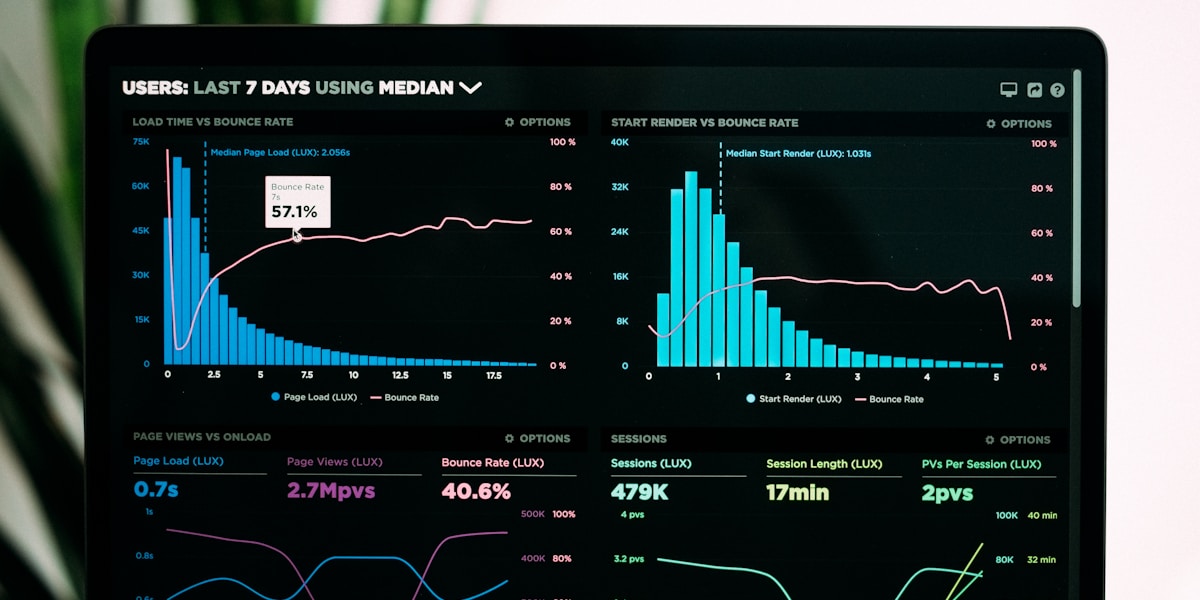Choosing the right ERP (Enterprise Resource Planning) software is crucial for Lebanese small businesses navigating today's challenging economic environment. With multi-currency complexities, power disruptions, and supply chain uncertainties, Lebanese businesses need robust, cloud-based solutions that work reliably.

Why ERP Software is Essential for Lebanese Businesses in 2025
Lebanon's business landscape presents unique challenges that make ERP software not just beneficial, but essential:
- Multi-Currency Management: Handle LBP, USD, and EUR transactions seamlessly with real-time conversion tracking
- Power Outage Resilience: Cloud-based systems accessible via mobile data during electricity cuts
- Inventory Optimization: Manage extended supply chains and import delays effectively
- Financial Compliance: Stay compliant with Lebanese tax regulations and changing fiscal policies
- Remote Access: Manage your business from anywhere - essential for Lebanon's mobile workforce
Top ERP Features for Lebanese Small Businesses
1. Multi-Currency Financial Management
The Lebanese market's unique multi-currency environment requires ERP systems that can:
- Process transactions in LBP, USD, and EUR simultaneously
- Track exchange rate fluctuations automatically
- Generate reports in multiple currencies
- Handle cash vs. bank rate differences
2. Inventory and Supply Chain Management
With Lebanon's import-dependent economy, inventory management features must include:
- Real-time stock level tracking across multiple locations
- Safety stock calculations accounting for extended lead times
- Barcode and QR code scanning for warehouse efficiency
- Supplier management with performance tracking
- Automated reordering based on customizable thresholds

3. Point of Sale (POS) Integration
For retail and hospitality businesses in Lebanon:
- Seamless integration between POS and back-office systems
- Offline mode capability for power outages
- Multi-payment method support (cash, card, mobile payments)
- Real-time sales reporting and analytics
4. Customer Relationship Management (CRM)
Build stronger customer relationships with:
- Complete customer history and interaction tracking
- WhatsApp Business integration (essential for Lebanon)
- Arabic and English language support
- Sales pipeline management
- Customer loyalty program management
Best ERP Solutions for Lebanese Businesses
MAPOS - Built for Lebanese Market
MAPOS stands out as a comprehensive solution designed specifically for Lebanese and MENA businesses:
- ✅ Full multi-currency support optimized for Lebanese market
- ✅ Cloud-based with offline capabilities
- ✅ Bilingual interface (Arabic and English)
- ✅ Affordable pricing in USD with flexible payment plans
- ✅ Local support team understanding Lebanese business culture
- ✅ Integration with Lebanese banks and payment systems
- ✅ Mobile-first design for on-the-go management
Key Modules Available:
- Financial Accounting & Reporting
- Inventory & Warehouse Management
- Point of Sale (POS)
- Customer Relationship Management (CRM)
- Purchase Order Management
- Sales & Invoicing
- HR & Payroll
- Analytics & Business Intelligence
Implementation Considerations for Lebanese Businesses
Cost Analysis
When evaluating ERP software costs in Lebanon, consider:
- Subscription Fees: Typically $30-150/month per user depending on modules
- Implementation Costs: $500-5,000 depending on complexity and data migration
- Training: Budget 2-4 weeks for staff training
- ROI Timeline: Most Lebanese businesses see ROI within 8-12 months
Internet Connectivity
Lebanon's infrastructure challenges require consideration of:
- Minimum 5 Mbps internet for smooth operation
- Mobile data backup (4G/5G) during power cuts
- Offline mode capabilities for critical functions
- Data synchronization when connection restored

Success Stories: Lebanese Businesses Using ERP
Beirut Retail Chain (Fashion)
A 5-location fashion retailer in Beirut implemented MAPOS ERP and achieved:
- 40% reduction in inventory carrying costs
- Real-time visibility across all locations
- Improved cash flow management with multi-currency tracking
- 25% increase in customer satisfaction through better stock availability
Tripoli Manufacturing Company
A food manufacturer in Tripoli improved operations with:
- Reduced production waste by 30%
- Better raw material procurement planning
- Accurate costing in multiple currencies
- Streamlined quality control processes
Step-by-Step Implementation Guide
Phase 1: Planning (2-3 weeks)
- Assess your business needs and pain points
- Define must-have features vs. nice-to-haves
- Set budget and timeline expectations
- Form implementation team (2-3 key staff members)
Phase 2: Setup (3-4 weeks)
- Configure chart of accounts for Lebanese tax system
- Set up multi-currency parameters
- Import existing customer and supplier data
- Configure inventory items and pricing
- Set user permissions and access levels
Phase 3: Testing (1-2 weeks)
- Test all critical workflows
- Verify multi-currency calculations
- Conduct offline mode testing
- Review reports and dashboards
Phase 4: Training (1-2 weeks)
- Train accounting staff on financial modules
- Train warehouse staff on inventory management
- Train sales team on CRM and invoicing
- Create internal documentation in Arabic/English
Phase 5: Go-Live (1 week)
- Run parallel with old system for 1 week
- Monitor for issues and address immediately
- Provide on-site support during transition
- Collect user feedback and optimize
Common Questions Lebanese Businesses Ask
Can ERP work during power cuts?
Yes! Cloud-based ERP systems like MAPOS work perfectly during power outages. Access the system via:
- Mobile phones using 4G/5G data
- Laptops running on battery with mobile hotspot
- Tablets with cellular connectivity
Data syncs automatically when power returns, ensuring no information is lost.
How does multi-currency work in practice?
The ERP system handles multi-currency transactions by:
- Recording each transaction in its original currency
- Converting to base currency (LBP or USD) at current rate
- Tracking exchange rate gains/losses automatically
- Generating reports in any currency you need
What about data security?
Reputable ERP providers ensure security through:
- Bank-level encryption (256-bit SSL)
- Daily automated backups
- Role-based access control
- Audit trails for all transactions
- Data centers with 99.9% uptime guarantee
Pricing Comparison for Lebanese Market
| Solution | Starting Price | Best For |
|---|---|---|
| MAPOS | $49/month | Small to medium Lebanese businesses |
| Basic ERP | $30/month | Micro businesses, startups |
| Enterprise ERP | $150+/month | Large corporations, complex needs |
Next Steps: Choosing Your ERP
- Request Demos: Book demonstrations with 2-3 providers
- Ask About Lebanon-Specific Features: Multi-currency, Arabic support, local compliance
- Check References: Talk to other Lebanese businesses using the system
- Start Small: Begin with core modules, expand as you grow
- Ensure Training: Verify provider offers comprehensive training in Arabic/English
Need help choosing between software providers? Read our comprehensive Top 10 Software Companies in Lebanon 2025 comparison guide and How to Choose a Software Company in Lebanon buyer's guide for detailed vendor evaluation frameworks.
Conclusion
The right ERP software can transform a Lebanese small business, providing the tools needed to compete effectively despite economic challenges. Solutions like MAPOS, designed with Lebanese business needs in mind, offer the perfect balance of functionality, affordability, and local support.
In 2025, cloud-based ERP is no longer a luxury—it's a necessity for Lebanese businesses that want to:
- Maintain accurate financial records across multiple currencies
- Optimize inventory despite supply chain disruptions
- Access business data anywhere, anytime
- Scale operations efficiently
- Make data-driven decisions in real-time
Start your ERP journey today and join the hundreds of Lebanese businesses already benefiting from modern business management software.



